Apr 07
Slavery, Capitalism, and Empire
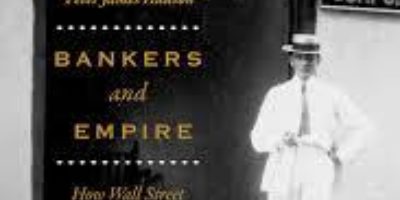
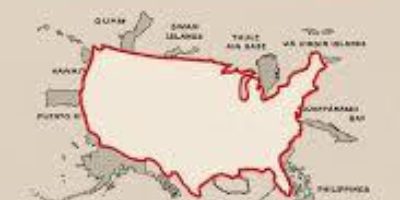

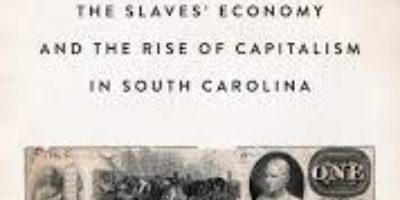
Description
A number of new books demonstrate how central the transatlantic slave trade and US imperialism were to the development of US capitalism. Join speakers Adom Getachew, Peter Hudson, Justene Edwards, and Daniel Immerwahr for a discussion of the political economy of race and resistance from the vantage points of the Caribbean, US, and Africa.
Speakers
-
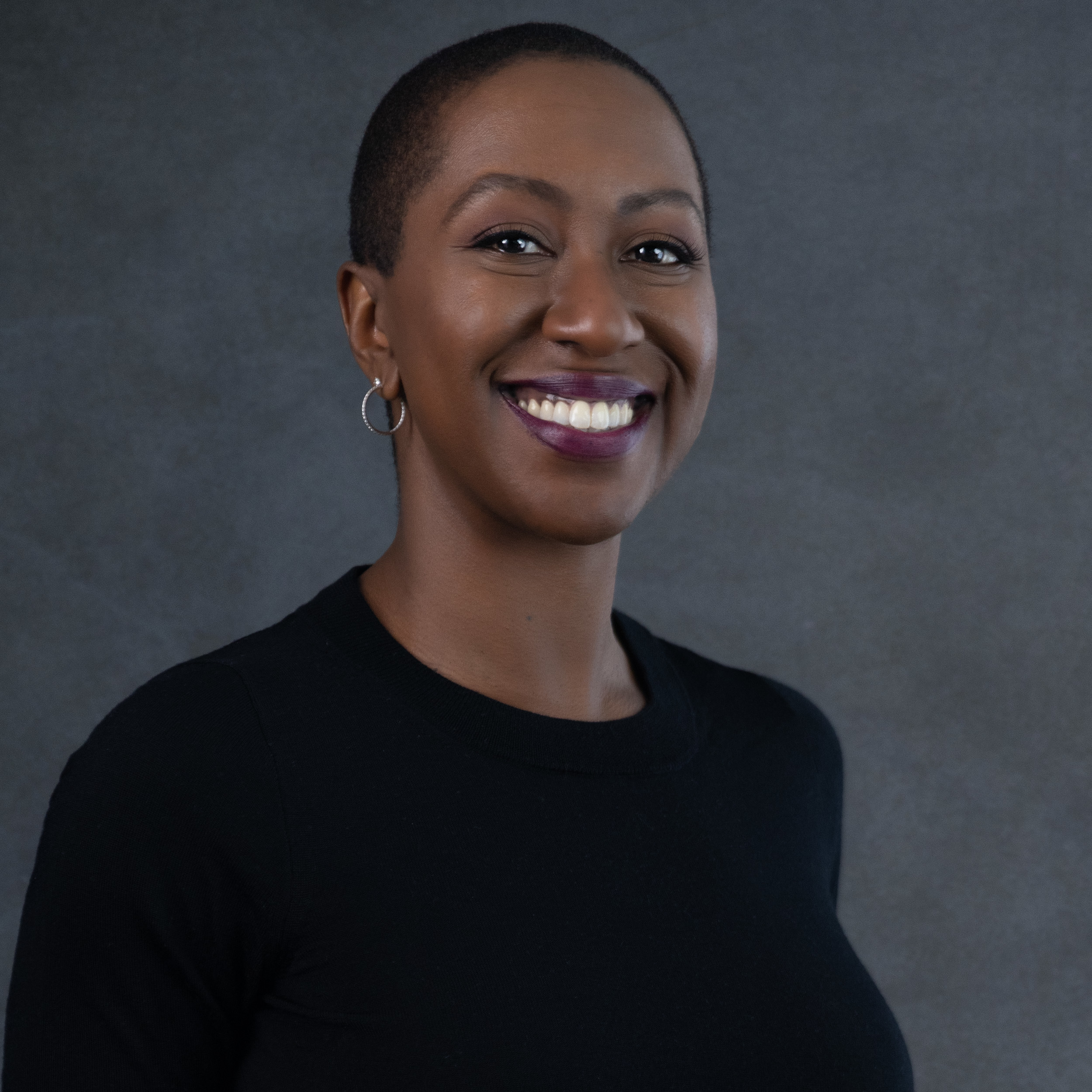
Justene Edwards
University of Virginia
Justene Hill Edwards is a scholar of African-American history, specializing in the history of slavery in the United States. She received her doctorate in History from Princeton University in 2015. She also holds an M.A. in African New World Studies from Florida International University and a B.A. in Spanish from Swarthmore College. Hill Edwards' first book, Unfree Markets: The Slaves' Economy and the Rise of Capitalism in South Carolina, explores the economic lives of enslaved people, not as property or bonded laborers, but as active participants in their local economies.
Unfree Markets provides the fullest account to date of the strategies that enslaved people used to create their own networks of commerce, from the colonial period to the Civil War. It confronts one of the most enduring questions in African American history and the history of American capitalism: How beneficial was capitalism to African Americans? Through examining an array of archival records, from slaveholder account books to legislative petitions, Unfree Markets shows that even though enslaved people shaped the increasingly capitalist economy of slavery, economic participation alone could not secure what bondspeople wanted most—their freedom. The time and energy that enslaved people invested in their own economic enterprises did not bring them out of slavery; instead, it kept them enslaved. In the end, enslaved peoples’ embrace of capitalist principles undermined their pursuit of liberty. Ultimately, Unfree Markets demonstrates that the vestiges of race-based economic inequality are not in the late-nineteenth or twentieth centuries, but in the period of legal slavery.
Hill Edwards was a Consortium Fellow at the McNeil Center for Early American Studies at the University of Pennsylvania and a Quin Morton Teaching Fellow in Princeton University’s Writing Center. Her dissertation, “’Felonious Transactions: The Legal Culture and Business Practices of Slave Economies in South Carolina, 1787-1860,” was a finalist for the C. Vann Woodward Prize from the South Historical Association, a finalist for the SHEAR Dissertation Prize from the Society for Historians on the Early American Republic, and a finalist for the Herman E. Krooss Dissertation Prize from the Business History Conference. Her scholarship has been supported by the Program in American Studies at Princeton University, the Center for African American Studies at Princeton University, the Program in International and Regional Studies at Princeton University, and the College of Arts and Sciences at the University of Virginia.
-

Adom Getachew
The University of Chicago
Adom Getachew is Neubauer Family Assistant Professor of Political Science and the College at the University of Chicago. She is a political theorist with research interests in the history of political thought, theories of race and empire, and postcolonial political theory. Her work focuses on the intellectual and political histories of Africa and the Caribbean. Her first book, Worldmaking After Empire: The Rise and Fall of Self-Determination, reconstructs an account of self-determination offered in the political thought of Black Atlantic anticolonial nationalists during the height of decolonization in the twentieth century. Adom holds a joint PhD in Political Science and African-American Studies from Yale University. She is on the faculty board of the Pozen Center for Human Rights, a fellow at the Chicago Center for Contemporary Theory, and a faculty affiliate at the Center for the Study of Race, Politics and Culture.
-
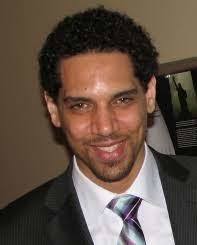
Peter James Hudson
University of California, Los Angeles
Peter James Hudson is an historian who completed his PhD in the American Studies Program at New York University. His research interests are in the history of capitalism, white supremacy, and US imperialism; the intellectual and political-economic history of the Caribbean and the Black world; and the history of Black radicalism and global anti-imperialism. He is the author of Bankers and Empire: How Wall Street Colonized the Caribbean.
-
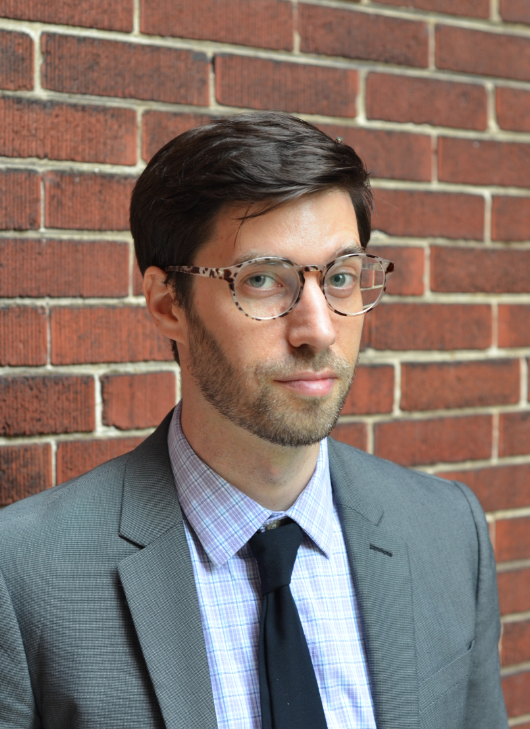
Daniel Immerwahr
Northwestern University
Daniel Immerwahr reveived is PhD from UC Berkeley in 2011. He is Professor of history, specializing in twentieth-century US history within a global context. His first book, Thinking Small, offers a critical account of grassroots development campaigns launched by the United States at home and abroad. It won the Merle Curti Award in Intellectual History from the Organization of American Historians and the Society for US Intellectual History's annual book award. His second book, How to Hide an Empire: A History of the Greater United States, tells the history of the United States with its overseas territory included in the story. That book was a national bestseller, a New York Times critic's choice for one of the best books of 2019, and the winner of the Robert H. Ferrell Prize from the Society for Historians of American Foreign Relations. Immerwahr's writings have appeared in the New York Times, The Guardian, the Washington Post, The New Republic, The Nation, Dissent, Jacobin, and Slate, among other places.